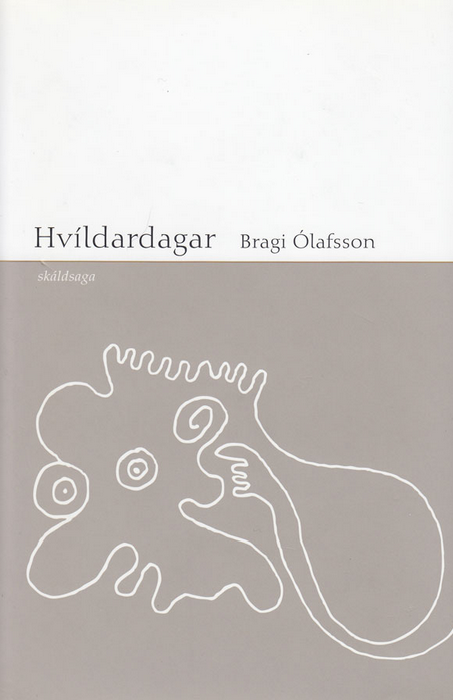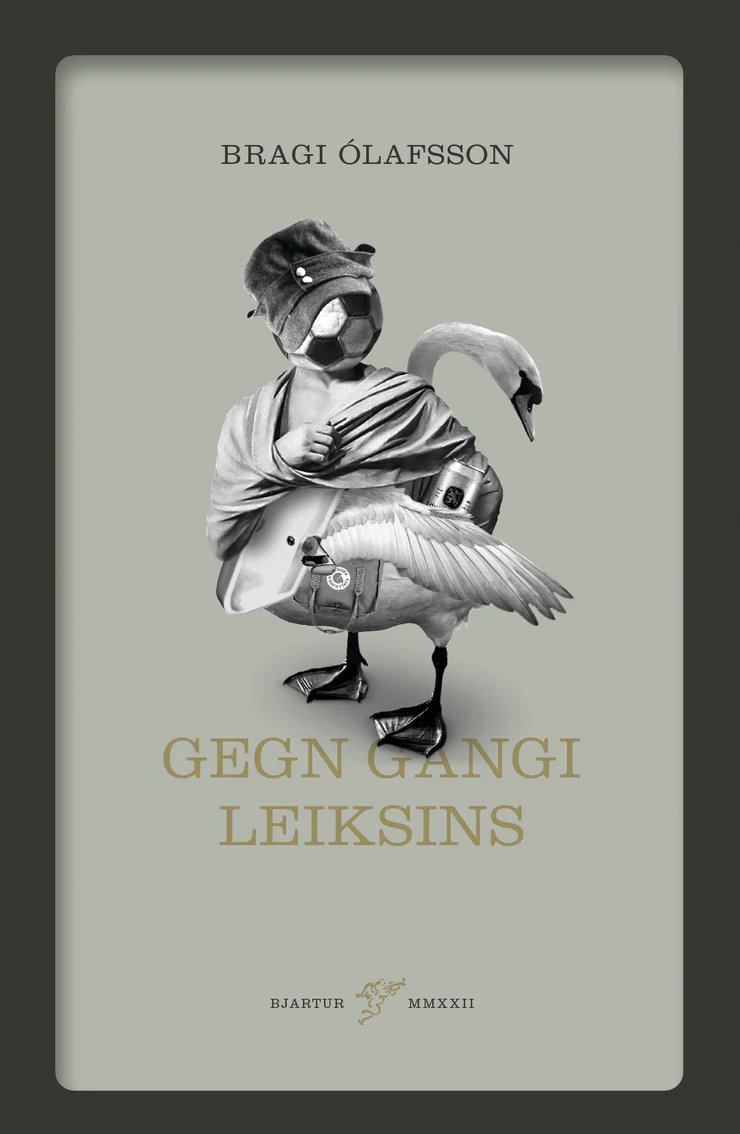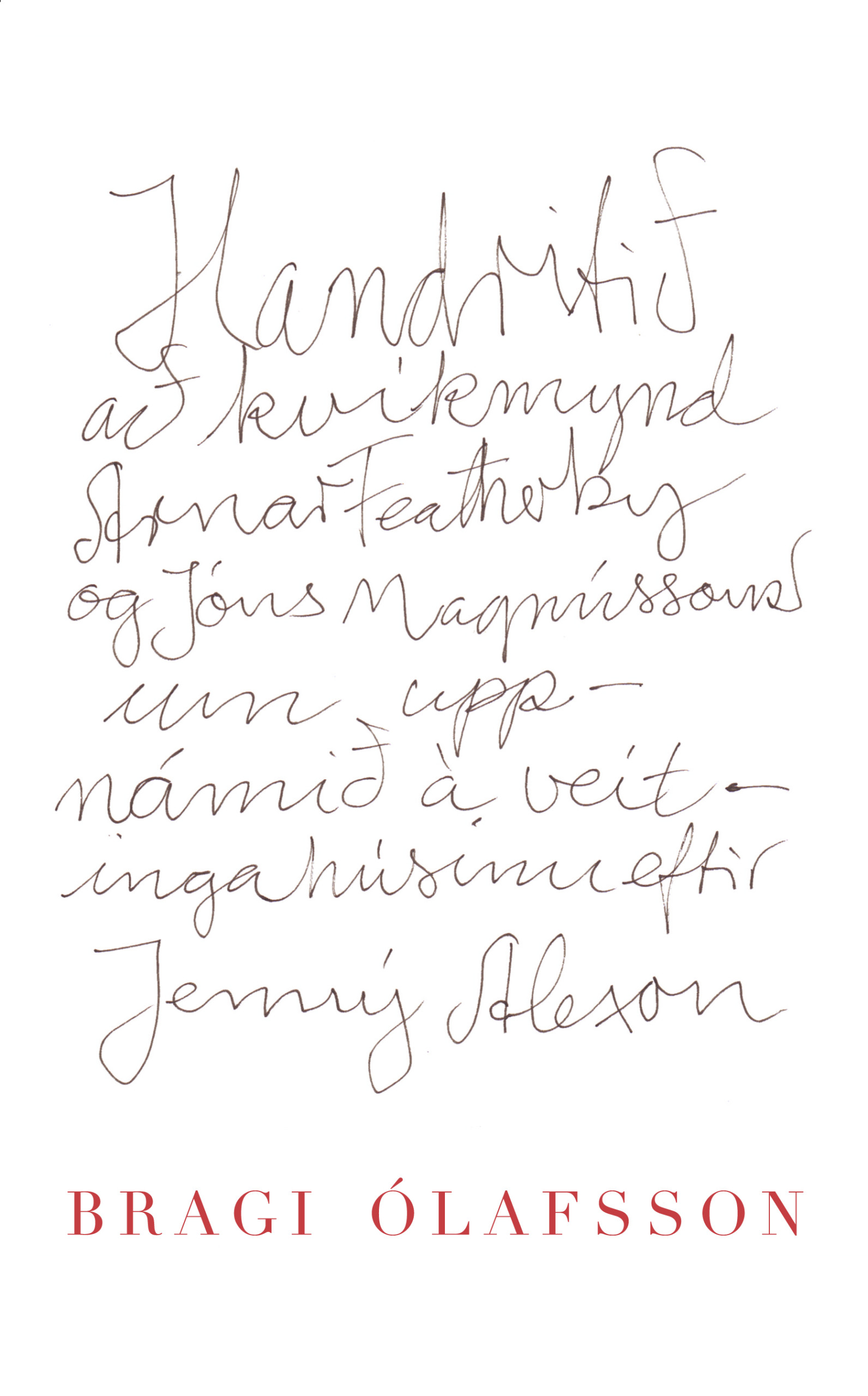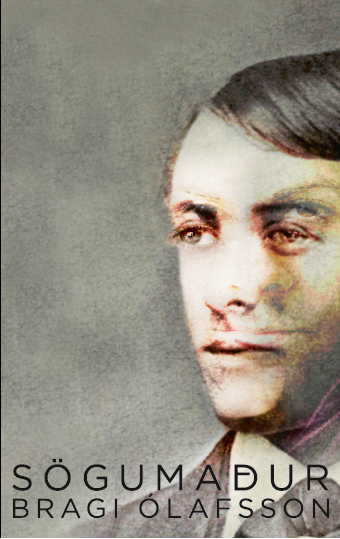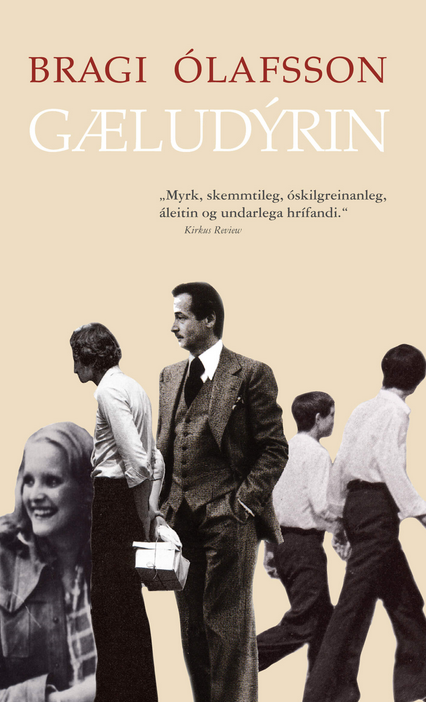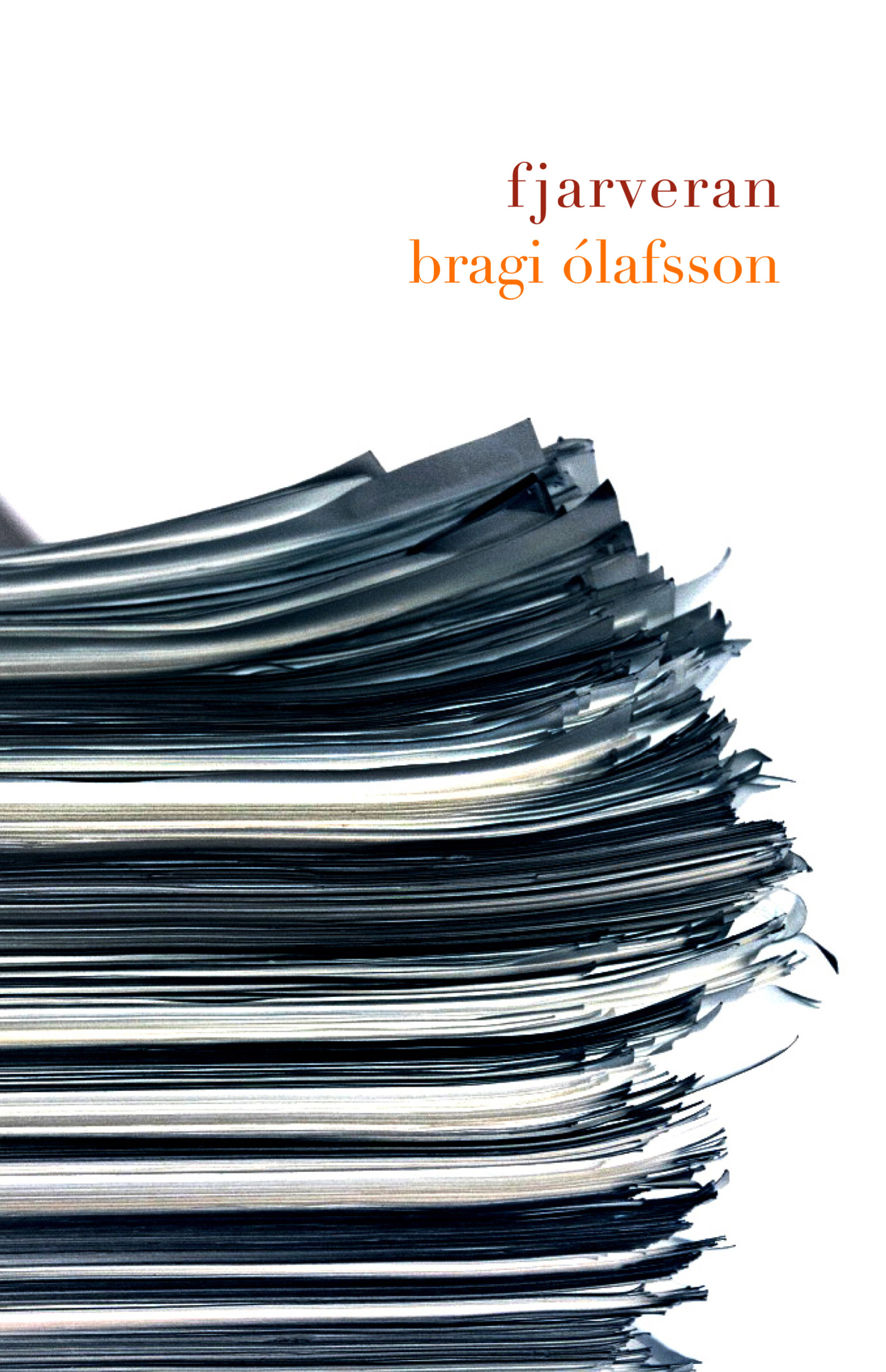“I try to imagine who would be the first person to walk into my flat, if I weren’t to come back from Heidmork. And how long it would take for someone to miss me. Probably two and half months, I thought, which is about what I have left of my summer leave.”
The narrator of this clever novel, a thirty-something recluse from the west side of Reykjavík, has been sent by his boss on a three month summer holiday. He isn’t used to taking time off for the summer, and the thought of a three month absence from work fills him with great insecurity. At the start of the vacation he decides to take a day trip out of the city to look at a cave he’s familiar with from a childhood scouting hike, but the trip comes to an abrupt end: his car suddenly breaks down by a busy intersection not far from his home, and he is forced to leave it there until an appointment can be made at a garage.
However, it’s not only the three months off and a broken-down car that the protagonist of Time Off has to worry about. When the story begins, there’s only a week to go until the 20 year reunion of his high school class, which is to be held at a large function room in town. And he has, against his will, agreed to take part in a little number at the reunion, along with classmates he hasn’t seen for twenty years. The upcoming performance does little to alleviate his anxiety and insecurity. But then by coincidence he meets a young woman at a friend’s house, the friend’s cousin, and decides to invite the woman to accompany him to the reunion …
Nominated for the Icelandic Literary Prize 1999
Nominated for the DV Cultural Prize for Literature 1999
REVIEWS
“An incredibly powerful and enchanting book. The structure is meticulous and elegant. Stillness and beauty dominate the style, vocabulary and narration in this outstanding novel.”
STEINUNN I. OTTARSDOTTIR, DV NEWSPAPER
“The biggest strength of this book is the text’s cunning ambiguity. Olafsson manages to convey this wretched character to us through his own words with delightful wit and sarcasm – without the reader actually becoming aware of the author.”
SKAFTI TH. HALLDORSSON, MORGUNBLADID DAILY
“In the character, the reader is allowed to see all those petty and laughable flaws which I think everyone possesses up to a certain point, but which are so ridiculous we don’t want others to find out about them. For example, he spends an inordinate amount of time thinking about what other people are thinking about, spends quite a lot of time on long and detailed daydreams about what it would be like to know people he doesn’t know, and he finds it hard to make simple decisions. He tells harmless lies to avoid seeing his family and wastes a lot of energy on getting out of doing things, but obviously ends up spending more time and energy on evasion and procrastination than would have been needed to simply carry out the action. But those petty, laughable points are at the centre of the protagonist and are really the theme of the book. And you’re either laughing or squirming.”
GUDRUN E. BRAGADOTTIR, DRUSLUBAEKUR OG DODRANTAR




